
The Free Press

For nearly a generation, media owned by Qatar and Iran have tag-teamed with Hamas to paint a false picture of ideological uniformity across Gaza. While Hamas quashed opposition to their rule, Al Jazeera and other mouthpieces platformed the terror group’s leaders and shills.
Take the example of this wounded elderly man at Gaza’s al-Shifa Hospital. When he complained to Al Jazeera last week that Hamas fighters were hiding among the patients—“They can go to hell and hide there,” he said—the reporter immediately turned his back on the man.
Why not let him talk?
Western media largely goes along with this program. Judging from most reportage out of Gaza, two million Palestinian victims of Hamas tyranny and corruption can name only one oppressor: Israel.
In 2019, brave Gazan youth tried to change all this by waging anti-Hamas street demonstrations under the banner “We Want to Live”—their way of showing that when Hamas dubs all Palestinians “lovers of death,” they lie. But as one protest veteran told us, “The movement was brutally suppressed.” He went on, “We found neither receptivity nor expressions of support from the outside world.”
In Arab lands where terror militias rule, the world should be listening not just to the few who hold a megaphone but also to the many who can only whisper. That is why earlier this year my organization, the Center for Peace Communications, released Whispered in Gaza, a series of testimony from inside the Gaza Strip—and, after October 7, joined hands with The Free Press to launch Voices from Gaza, a video series of perspectives on the current war from the many Gazans who do not support Hamas.
The series’ first five episodes, curated here, exposed millions of viewers to a Palestinian mindset at odds with years of media coverage. In episodes six through ten, Gazan speakers went on to share eyewitness accounts of the war’s effects and engage the global debate about their plight. You can watch their testimony below.
In Episode Six, a resident of Khan Younis describes how locals in a bakery spontaneously attacked a Hamas member who had come to buy bread. The incident, hardly imaginable before the present war, reflects a widespread feeling of “disgust,” he says, after Gazan aspirations for “a dignified life and to live in peace” were set back by the Hamas atrocities of October 7.
A day after scores of civilians died in an Israeli air strike on a market in Gaza’s Jabaliya refugee camp, we spoke with an eyewitness to the tragedy. While Hamas and its allies persist in charging that Israel targets innocents, our interviewee explains that Gazans pin their own survival strategy on the understanding that innocents serve Hamas as human shields.
“To stop Hamas members from walking in our narrow streets,” he explains, “[my neighbors] blocked the streets off with sheet metal, so no one could get in at night.” He goes on, “We know it’s Hamas that makes the problems. They’re the ones who hide among us. . . though it still doesn’t justify killing civilians.”
Fears have grown that this misery will needlessly be prolonged by Westerners who strive, in effect, to perpetuate Hamas rule, according to one Gazan woman.
Addressing protesters who have taken to the streets to demand a cease-fire on behalf of Palestinians, she calls on them to make a choice: “Either support the Palestinian people or the Hamas regime that oppresses them.” If protesters harbor a humanitarian motive, she asks, “Why don’t we see them demonstrating against Hamas?”
If the war ends with Hamas in power, the woman predicts, then they will repeat the October 7 scenario, but within Gaza: “They’ll brutalize everybody who didn’t stand with them in the war.”
In Episode Nine, a speaker in Jabaliya critiques a particular strand within the protest movement: Palestinian diaspora figures who have supported Hamas for years. They watch the conflict “with tea and popcorn, as if we’re a TV series,” he says, and cheer Hamas leaders without regard for the suffering they cause regular Gazans.
He points out Tamim Al-Barghouti, a U.S.-based activist whom The New Yorker described as “a spoken-word rock star.” Barghouti’s post–October 7 tweets include praise for the apparent rape and kidnapping of an Israeli woman and call for “Death to the Palestinian ’National’ Authority.”
“He hasn’t seen anything that happened in Gaza for 18 years,” the Jabaliya resident says.
All of the above bring us back to the patient at al-Shifa Hospital who Al Jazeera cut off mid-sentence.
For a sense of what he might have told viewers if he had been allowed, we reached another patient there—and gave her the space to say her piece. “Every Palestinian knows Shifa hospital is full of [Hamas fighters],” she explains, “but nobody can talk: death by the Jews is better than death by ISIS.” She also echoes a sentiment we have encountered repeatedly in interviews with Gazans post–October 7: “Hamas is the destruction of the Palestinian people. We’ve had enough. They need to be wiped out—because if they remain, the people will be wiped out.”
This conviction is the darker half of a Gazan worldview that, though prevalent, has been largely filtered out of most international coverage of the conflict. Its brighter half—the vision of a different future—is encapsulated here by a young woman who spoke with us in Gaza City last year.
Joseph Braude is president of the Center for Peace Communications.
Follow The Free Press on Instagram and X for additional installments of our Voices from Gaza series.
And to support our ongoing coverage of the war between Israel and Hamas, become a subscriber today:

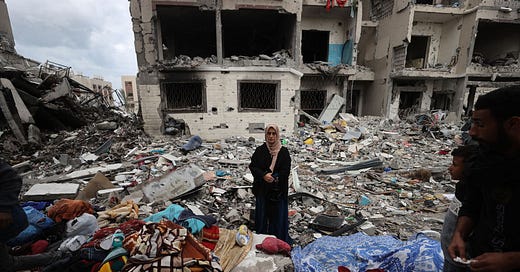



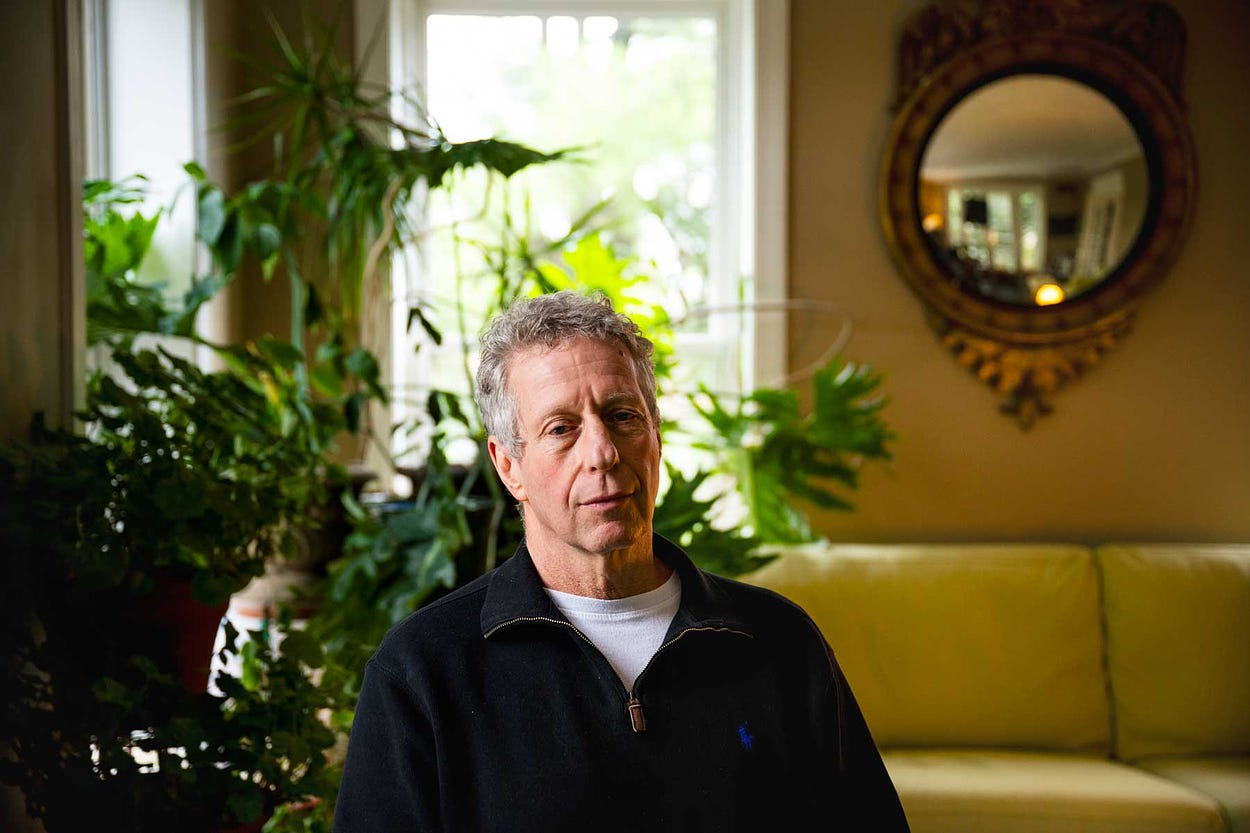

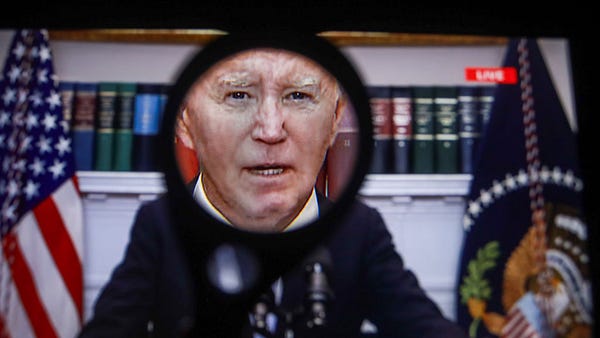

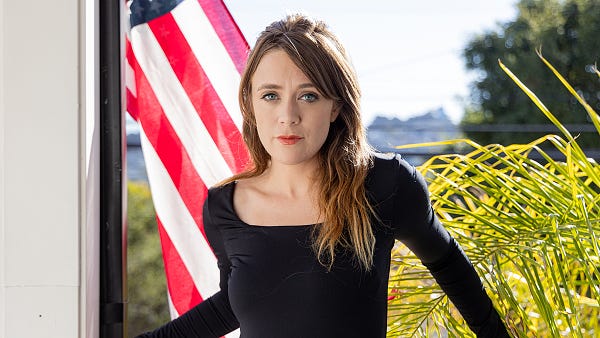

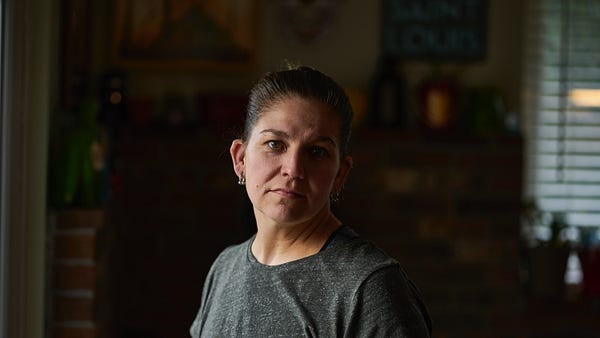

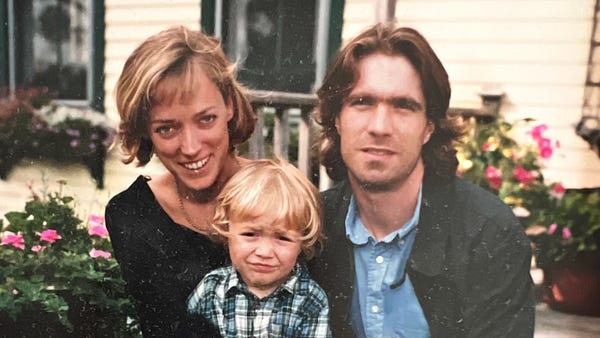

If the Gazans are so sick of Hamas, this seems like a good time to denounce them and point them out. I’m not seeing that. Maybe they don’t trust all those UN Do-Gooders to protect them. But this is their time. This is their chance for freedom. Yes Hamas will slaughter some of them, but a prolonged war will kill more. At least this way they will be True Palestinian Heroes. Gazans, do you want freedom and a better life? This.Is.Your.Chance.
Anti Hamas? I don’t think so. The people in Gaza were shown rejoicing and dancing in the streets on October 7th, when they first learned of the terrorist attack on Israel. They also beat the hostages when Hamas marched them through the streets of Gaza. The people of Gaza, like most people around the world, hate the Jews, and they support Hamas since Hamas stated purpose is to rid the land, once known as Judea, of Jews.